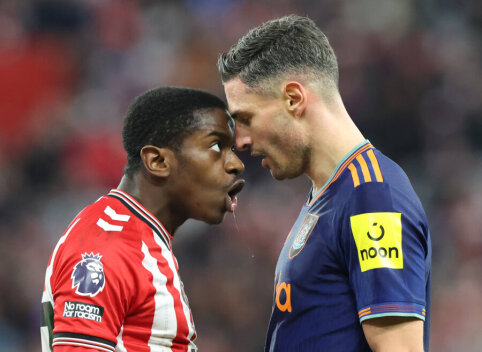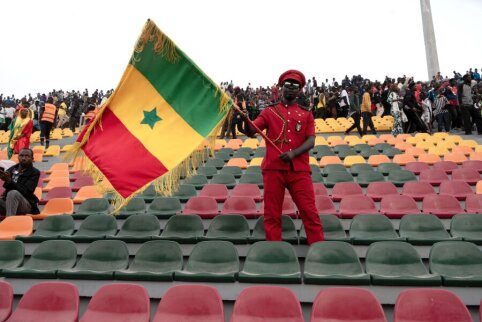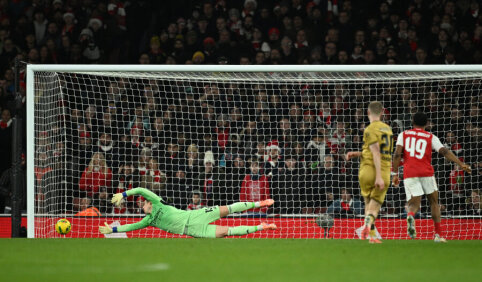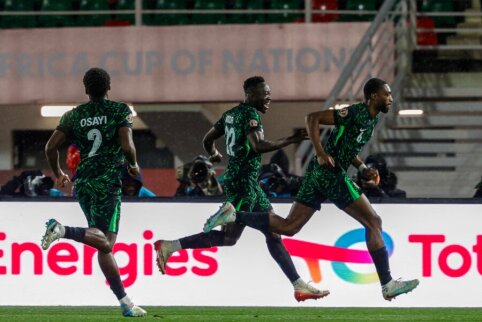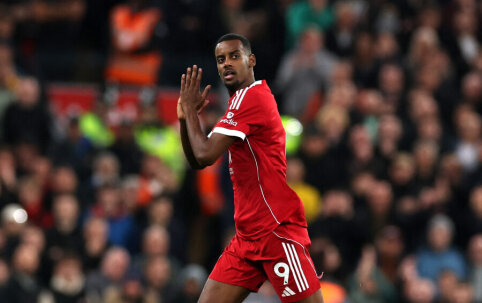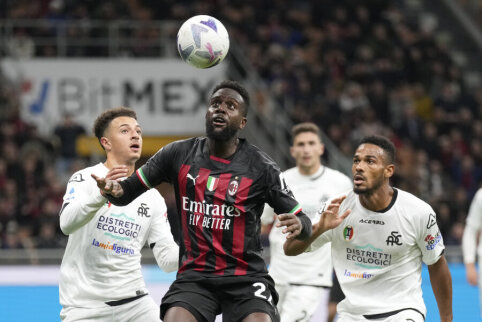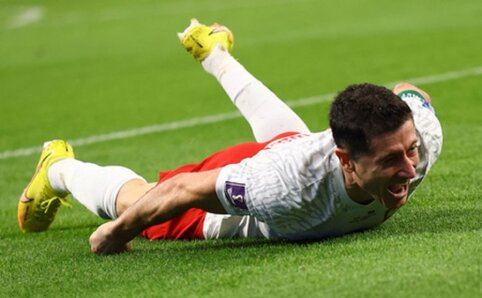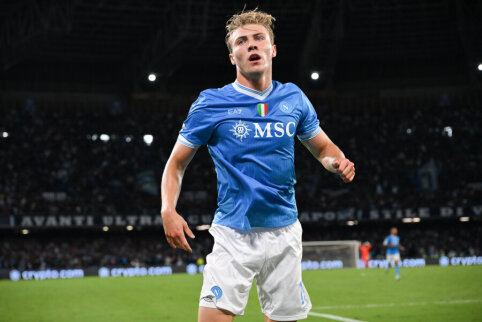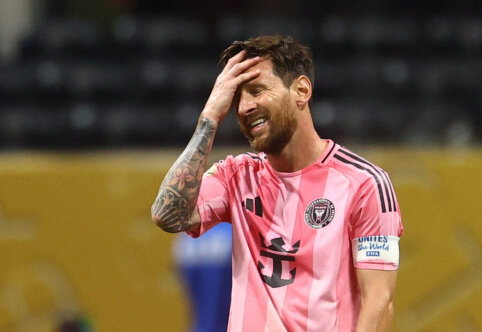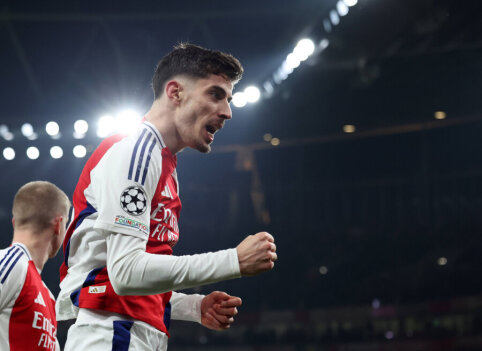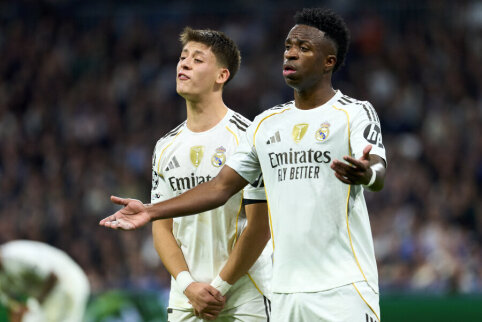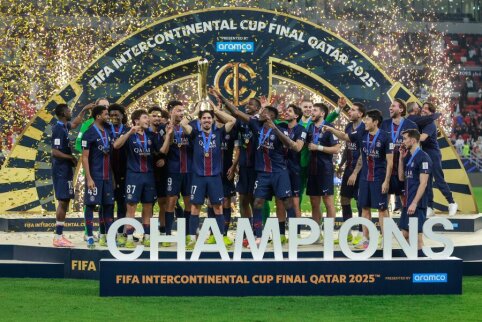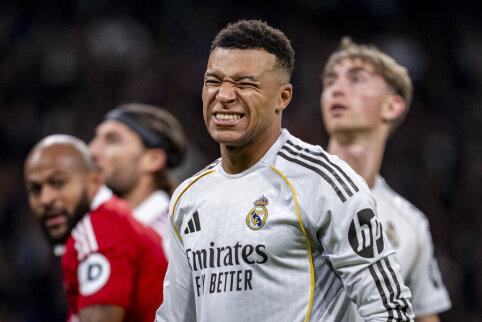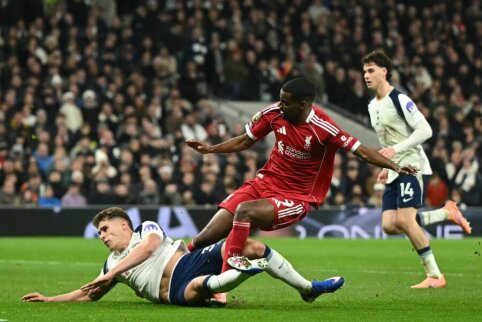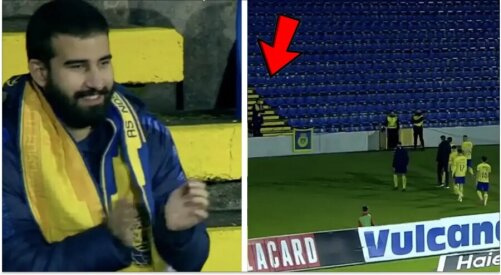 © EuroFootball.com
© EuroFootball.com
As the UEFA Champions League quarterfinal match approaches between [team 1] and [team 2], most older football fans remember another meeting between these two clubs. Unfortunately, it was not known for the beauty of football, but for the events that took place off the pitch...
In a negative sense, the infamous events of May 29, 1985, at the Heysel Stadium in Brussels, turned that day into one of the darkest in football history. It was a day when fan riots, appalling lack of organization and planning by football officials, lax stadium security measures, and the actions of drunken police officers all came together, resulting in a tragedy.
A shocked world watched on their television screens as 38 people lost their lives (one later died in the hospital), many of whom were fatally crushed when a crumbling wall collapsed under the weight of the frenzied crowd pushing against each other.
The event was supposed to be the highlight of the 1984-85 European football season - the European Cup final between the cup holders - "Liverpool" and the Italian giants - "Juventus". In hindsight, it is easy to say that the choice of the stadium was simply tragic - the stadium was completely unprepared for such high-level matches, and it must be admitted, it was a high-risk event.
Over the majority of the last 20 years, football hooliganism tarnished the image of English football both at home and abroad. Fuelled by testosterone, excessive alcohol, macho behavior, and almost fascist wildness giving the understanding that anyone not in your clan is a legitimate target for your aggression, hooligans attached themselves to almost every club and sought to provoke their opponents into violence - on the way to and from the stadium, and especially on the stadium terraces.
In the eighties, fighting in the stands at English league matches was as much a part of the game as the halftime break or the game itself. But while the press constantly condemned and publicized the violence, sociologists tried to find an explanation for it, politicians shook hands and hopelessly tried to do something, hooligans saw their clubs' participation in European competitions as a golden opportunity to see the continent and try to break it.
English fans traveling across Europe with their team became the embodiment of turmoil, exporting their distorted understanding of nationalism to places and cultures that were often not prepared for it. Of course, in football, like in life, it was only a minority causing problems. But the traces of destruction were so obvious that all English fans were treated the same. While the local law enforcement officials hopelessly tried to deal with these invasions, the local team's fans did not sit idly by. They defended themselves on one side, excited by the distorted worship of their team on the other, mimicking the behavior of English gangs. This only incited the English and fueled their efforts to prove that they were the toughest, the worst in the city. No matter where.
And that was the unhealthy atmosphere that infected European football in the mid-eighties. It was an English disease, but its local variations spread across the continent.
The Heysel Stadium was crumbling and falling apart, completely unfit to host significant matches. In the corner of the terrace, there were, to put it mildly, deadly traps: two parallel walls and no exit. Ticket sales for the match were chaotic, without any major control, so many "Juventus" fans had the opportunity to easily purchase tickets for the seemingly neutral Z sector.
This was the sector that Liverpool fans attacked when they easily broke out of the place where they were supposed to watch the match - the X and Y terraces. The Belgian police were hopelessly unprepared, and given the reputation of English fans at that time and the limited training of the English police force, it was naive to expect that everything would end without incidents. The sectors were separated only by a thin fabric, spectators entering the stadium were not checked for alcohol. Many were already intoxicated, many had brought metal strips, bottles, or sticks. There was no giant screen (considered one of the main reasons for reducing violence at English stadiums), and the critical situation service was prepared for everything except a critical situation.
What awaited them soon was:
When fans arrived on the terraces, the usual ritual exchanges of annoyances and insults began. At one end, some "Juventus" fans threw a flare and several objects at several unfortunate standing policemen. But things became more threatening when at 6:30 p.m., Liverpool fans first invaded the Z stand. Eight policemen turned away, unwilling to heed the warning signs. The third invasion was fateful and fatal, half an hour after the first. Liverpool fans were now rushing with pieces of crumbling concrete, fists, shields, and flares. It was ugly and dangerous, but it may not have escalated into a complete disaster, and perhaps the cracks in the stadium's construction may not have been as obvious.
Juventus fans tried to run to safer places, but an old wall collapsed under the weight and caused panic. Italians fell clinging to each other. Some were crushed to death. The delayed response of the police only worsened the nightmare as they waved batons, beating panicking fans trying to escape from the terrace where 38 people were already dead. Another 400 were injured. Bodies were piled in two tents near the main entrance to the stadium, and helicopters and ambulances transported the injured to hospitals in the capital of Belgium.
In the dressing rooms, players from Liverpool and Turin clubs were unaware of the horror that unfolded above them. UEFA controversially decided that the match should continue to avoid further problems. Delayed by an hour and 25 minutes, the match finally started. A West German television had the sensitivity to interrupt the broadcast. In England, people watched and listened as a normal football match broadcast was interrupted by a discussion about the rising death toll. A U.S. television journalist described the scene as a cruel image from the Middle Ages. On the pitch, playing in the tensest atmosphere of all cup finals, Michel Platini converted a controversial penalty, and Juventus won 1-0. The goal seemed utterly unnecessary.
Then came the time of investigations and mutual accusations. Thirty-nine people came to watch a football match and paid with their lives. As was predictable, everyone blamed anyone but themselves, no one wanted to take responsibility. Politically, the event devalued the Belgian government. In the football world, the response was swift. On May 30, immediately after the tragedy, all British clubs were banned from playing in Belgium. The next day, the Football Association (FA) withdrew all its clubs from European competitions for one year, in Brussels firefighters revealed that safety at Heysel Stadium had not been fully checked since the beginning of the fourth decade, and admitted that it was unsuitable for international matches.
UEFA was not satisfied with the FA's decision, and on June 2, it disqualified English clubs from European competitions indefinitely. On June 6, FIFA banned English clubs from playing with clubs from other countries. A week later, FIFA expanded its ban on English clubs, including friendly matches. Another week later, UEFA announced that "Liverpool" would be disqualified for another three additional years.
On July 6, the Belgian Parliamentary Inquiry Commission reported that politicians, police, and football officials had to bear some responsibility for the tragedy.
English football was almost five years off-limits in Europe. And from it, probably, has not fully recovered since: before the Heysel tragedy, English clubs participated in seven of the eight European Cup finals; after the return to European arenas in 1991, the English played only one final (in 1999, when Manchester United won the competition).
"Liverpool" and "Juventus" have since 1985 made great efforts to heal the wounds of Heysel, giving symbolism to the upcoming two matches in the Champions League. In many ways, the mid-eighties seem like distant dark ages, and since then much has changed, mostly for the better. But Heysel remains a painful memorial to the senseless violence, the officials' indifference, and the utter foolishness, none of which has a place in this wonderful game.
